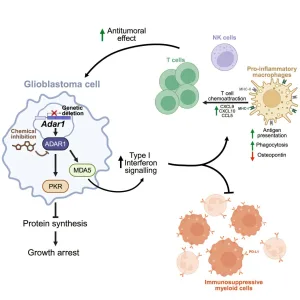Mouse Study Links Retina Changes to Dementia Risk
New research suggests a potential link between changes in the small blood vessels of the retina and an increased risk of dementia. The study, conducted on mice, found that abnormalities in these tiny vessels correlated with a common genetic mutation known to elevate dementia risk.
What the Study Revealed
The researchers focused on observing the retinas of mice carrying a specific genetic mutation associated with a higher likelihood of developing dementia. They discovered notable changes in the structure and function of the small blood vessels within the retina.
- Abnormalities in retinal blood vessels were observed.
- These changes were linked to a genetic mutation related to dementia risk.
- The study was conducted using a mouse model.
Why This Matters
The retina, often called the “window to the brain,” shares similarities with brain tissue and can be easily examined non-invasively. This finding opens the door for potential early detection methods for dementia risk through simple eye exams.
Potential for Early Detection
If these findings translate to humans, regular eye screenings could become a valuable tool in identifying individuals at higher risk of developing dementia. Early detection allows for timely interventions and lifestyle adjustments that may help slow down the progression of the disease.
Future Research Directions
Further studies are needed to confirm these findings in human subjects and to explore the specific mechanisms connecting retinal changes to dementia. Researchers are optimistic that this could lead to new preventative and therapeutic strategies.
Final Thoughts
This research provides an intriguing connection between retinal health and dementia risk. While further investigation is necessary, the potential for early detection and intervention is a promising step forward in the fight against dementia.



+ There are no comments
Add yours